Research and Policy Media Relations Manager
Gavin draws on more than 25 years of experience in communicating about science, medicine and health policy. She focuses mainly on the health services research done by members of the U-M Institute for Healthcare Policy and Innovation, who work to understand and improve the safety, quality, equity and affordability of health care. As part of the Michigan Medicine communication team, she has lead responsibility for primary care and mental health topics. Contact: [email protected]; Twitter: @Karag


Health Lab
Researchers grade one of the longest-running report cards for hospitals — and find it needs a tuneup.
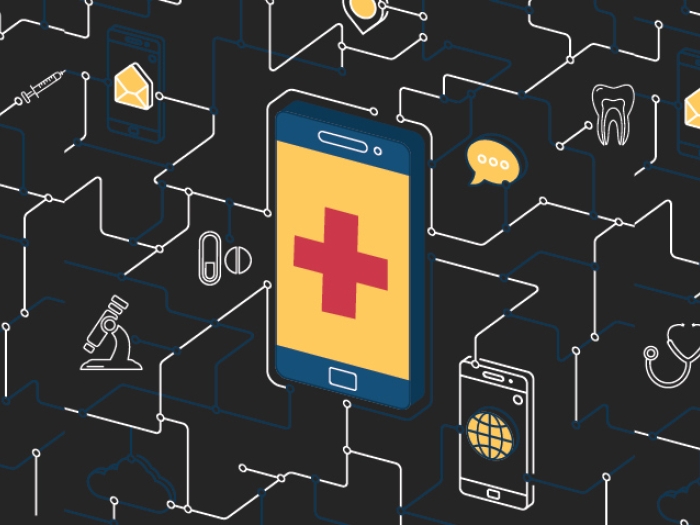
Health Lab
Plenty of websites promise to help people with health issues — but many lack gold-standard testing or public access. Research highlights the right resources for those in need.

Health Lab
Veterans already have an increased risk of suicide. Those with substance use disorders or mental health conditions are in particular need of help, a new study asserts.

Health Lab
In a randomized controlled trial, a brief talk with a counselor helped ER patients reduce drug misuse, and a “virtual therapist” on a tablet also showed promise.
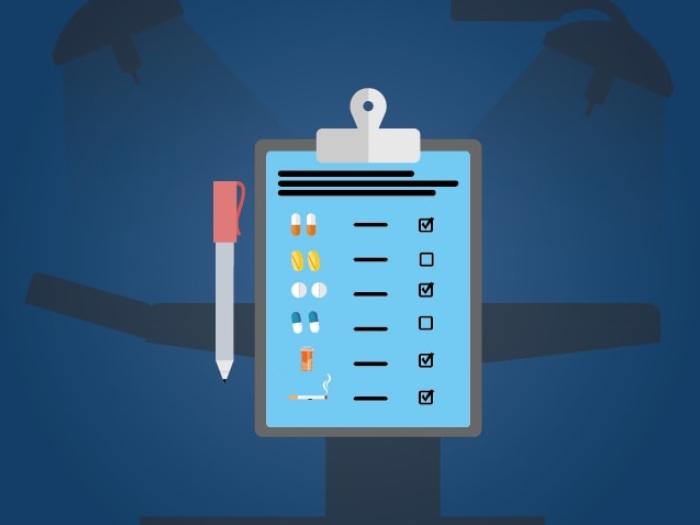
Health Lab
Research suggests that patients and physicians should be aware of opioid use before elective operations such as hysterectomy and bariatric surgery.
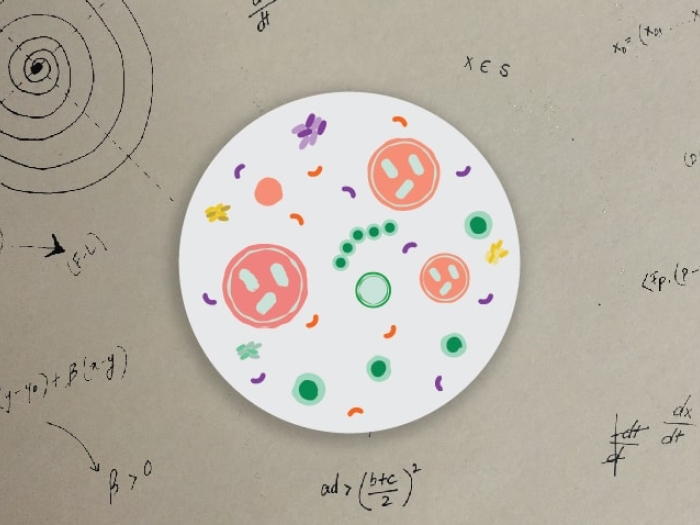
Health Lab
A new mathematical model aims to combine the “beauty” of mathematics with biology to set the stage for future discovery.
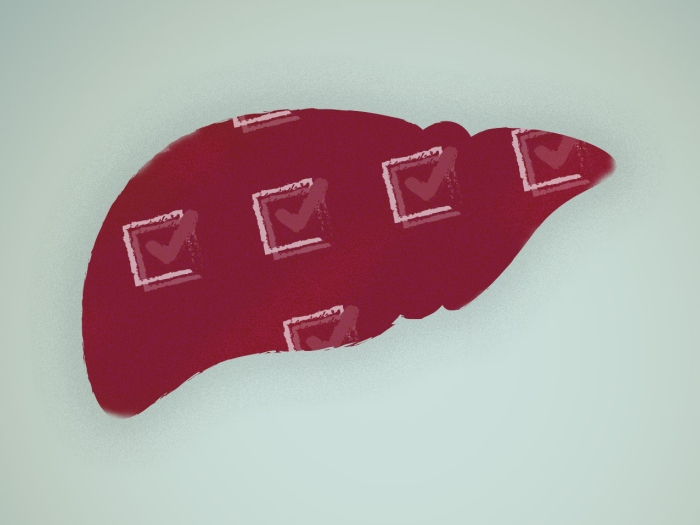
Health Lab
Read perspective from a University of Michigan researcher on how too many liver tests at once may lead to unneeded worry, biopsies and costs.

Health Lab
Read about a new lung microbiome study reviewing new research on bacteria in lungs and how it got there, and what happens to the and our bodies as a result.
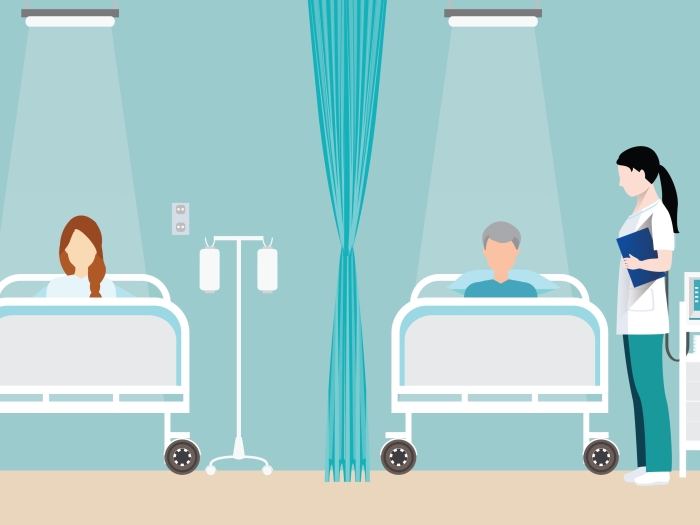
Health Lab
Sending a patient to an intensive care unit after a heart attack, or a flare-up of heart failure or COPD, may sound like the best option. But it’s not always the case.

Health Lab
Learn more about when you should go to the emergency room for eye care and how to tell if your eye problem is really an emergency.
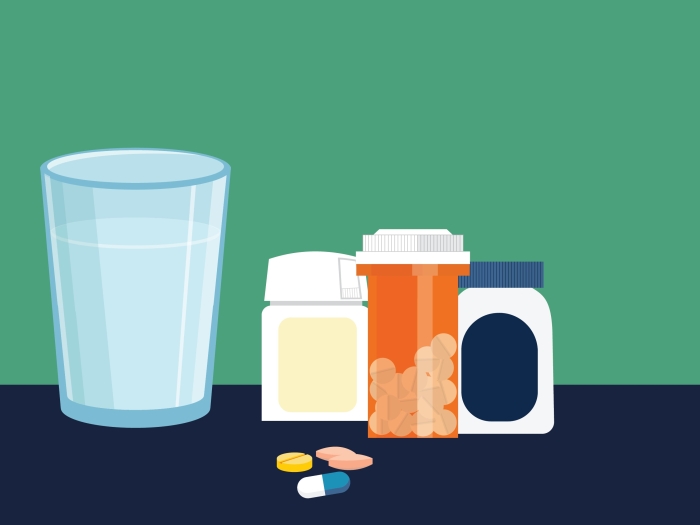
Health Lab
Learn more about how new data shows the use of risky brain-affecting drug combinations, known as polypharmacy, is rising among seniors

Health Lab
Read about a new discovery that helps explain how multiple DNA differences can lead to development of type 2 diabetes.

Medicine at Michigan
Frances and Kenneth Eisenberg’s gift will help transform depression treatment
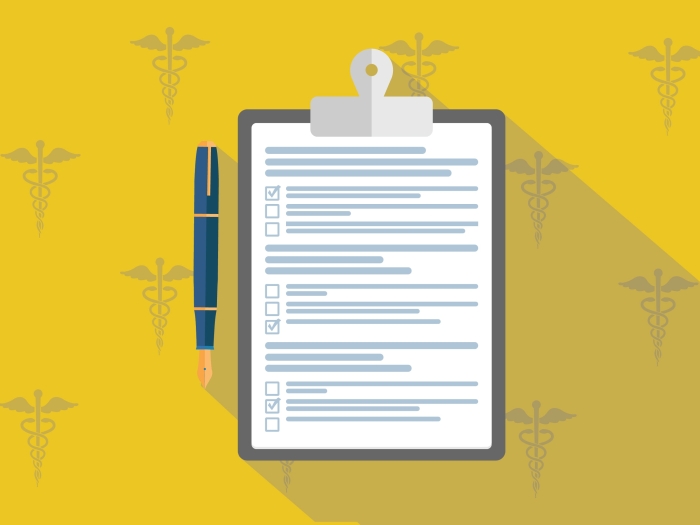
Health Lab
Learn about new reports recommending Medicare consideration of patients’ education level, income and other health-affecting circumstances when paying or grading health care providers.
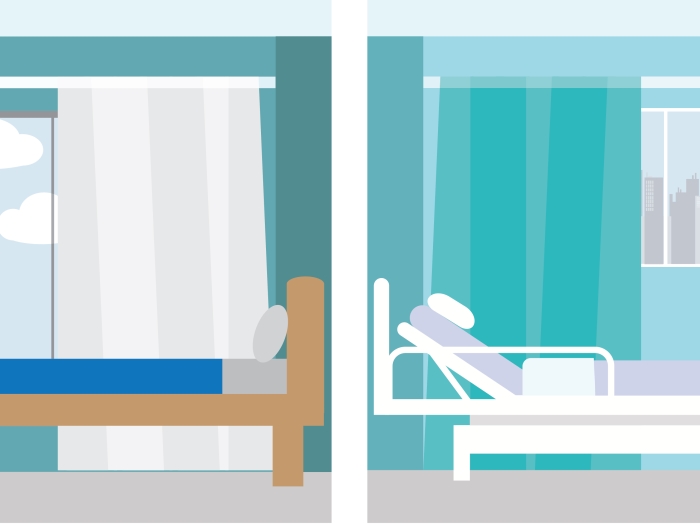
Health Lab
Learn more about a new study that examines how obesity impacts chances of getting hospice care and what it means for costs for the Medicare system.